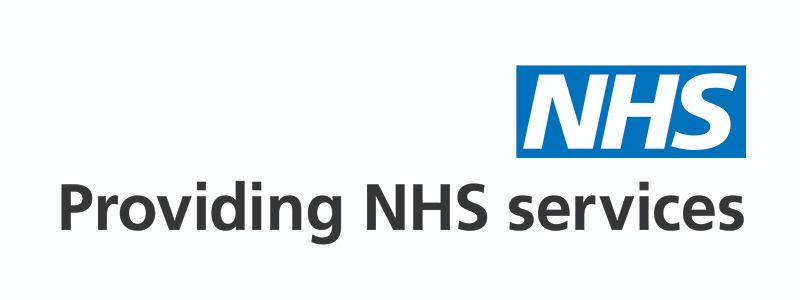ORCHARD 2000
Medical Centre
480 Hall Road
HULL HU6 9BS
Bransholme Health Centre
Goodhart Road
HULL HU7 4DW
Telephone: 01482 344184

Medical Emergencies dial 999
Out of Hours: dial 111
ORCHARD 2000
Medical Centre
480 Hall Road
HULL HU6 9BS
Bransholme Health Centre
Goodhart Road
HULL HU7 4DW
Telephone: 01482 344184

Medical Emergencies dial 999
Out of Hours: dial 111
Childhood cancer, while relatively rare, represents a significant area of concern in paediatric medicine. In the UK, around 1,800 children are diagnosed with cancer each year. Advances in treatment have significantly improved survival rates, with about 84% of children diagnosed with cancer now surviving for five years or more, according to Cancer Research UK. Understanding the types, symptoms, treatments, and resources available is crucial for parents and caregivers.
Childhood cancers differ significantly from adult cancers in their nature and the way they respond to treatment. Some of the most common types include:
Symptoms vary widely depending on the type of cancer but can include:
Diagnosis often starts with a physical examination, followed by blood tests, imaging scans like MRI or CT, and sometimes biopsy procedures. Treatment varies depending on the type of cancer and may include:
Dealing with cancer in a child is incredibly challenging, but the significant advances in treatment and support services provide hope and assistance. In the UK, families have access to world-class healthcare and support systems designed to not only treat childhood cancers but also help families cope with the emotional and logistical challenges they face.